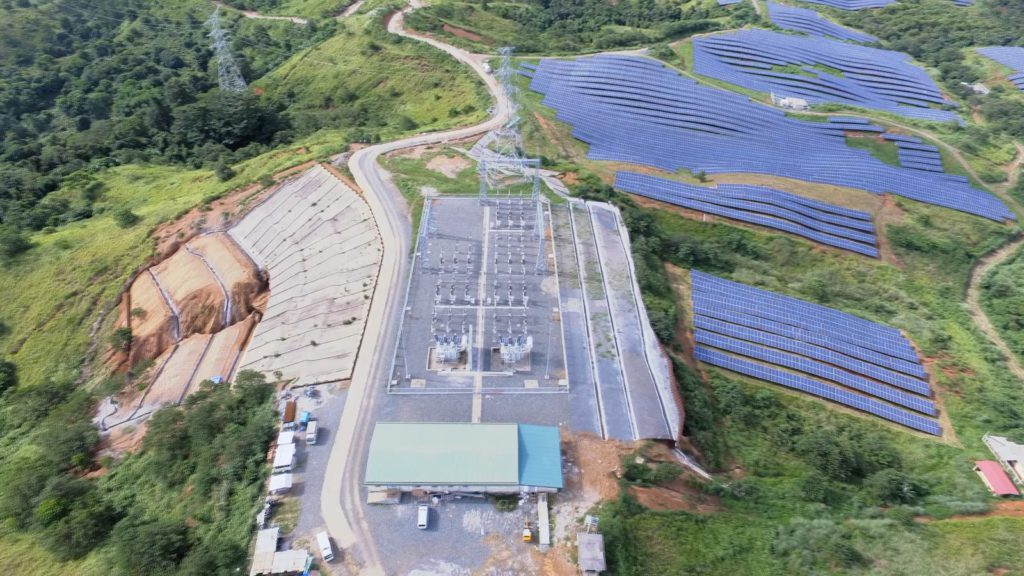Top Philippine nickel miners may spend $2 billion in new plants

The Philippines’ two biggest nickel producers are planning to invest about $1 billion each to build processing plants, the companies’ top executives said, boosting the government’s push to develop the Southeast Asian nation’s downstream mineral industry.
Nickel Asia Corp. is eyeing a third high-pressure acid leaching plant near a mining project in Pujada peninsula in southern Davao Oriental province where it is in “final negotiations” to acquire the rights to operate it, president and chief executive officer Martin Antonio Zamora said in an interview on Wednesday on the sidelines of a mining conference in Manila.
“If we successfully acquire the rights to the Pujada mine, that can accommodate one HPAL plant,” Zamora said, adding that a 30,000-metric ton plant would cost about $1 billion or more depending on the technology.
Global Ferronickel Holdings Inc. is in talks with a Chinese firm for its first HPAL facility with a capacity of about 40,000 metric tons to be constructed near its mines in southern Surigao province, President Dante Bravo said in a separate interview. He declined to identify the company, citing a non-disclosure agreement, but said the project will require at least $1 billion investment.
“We believe the timing is a bit right because all these issues or technologies about processing have been sorted out already,” he said. Both planned projects are subject to feasibility studies by the companies, the executives said.
The Philippines, the world’s second-largest nickel supplier to top market China, has been pushing miners to invest in processing facilities instead of just shipping out raw ore to become a major player in the electric-vehicle supply chain. The country is considering following top nickel exporter Indonesia by taxing nickel ore exports to lure investment in processing plants.
Nickel Asia, partly owned by Japan’s Sumitomo Metal Mining Co., runs the Philippines’ only two processing plants for the metal used to make stainless steel and batteries for electric vehicles. Partnering with Sumitomo for a third facility would be the “default strategy,” but Nickel Asia is also open to other foreign investors, Zamora said.
The Philippines can add two to three more processing plants, but taxing exports of nickel ore to push miners to invest in the downstream sector may be counter productive, according to Zamora. That will only make it harder for miners to make money, he said, adding that improving the process for companies to secure permits for new mines will be a better strategy.
Global Ferronickel hopes to have a “definitive agreement” with the Chinese company by the first quarter of 2024 to invest in the processing plant and expects to finance it via debt and equity, said Bravo.
“We think it’s very much viable, we have the tonnage, and the location seems to be ideal. And now we have the support from the government saying they can provide incentives and expedite the permitting process,” he said.
(By Cliff Venzon)
{{ commodity.name }}
{{ post.title }}
{{ post.date }}




Comments